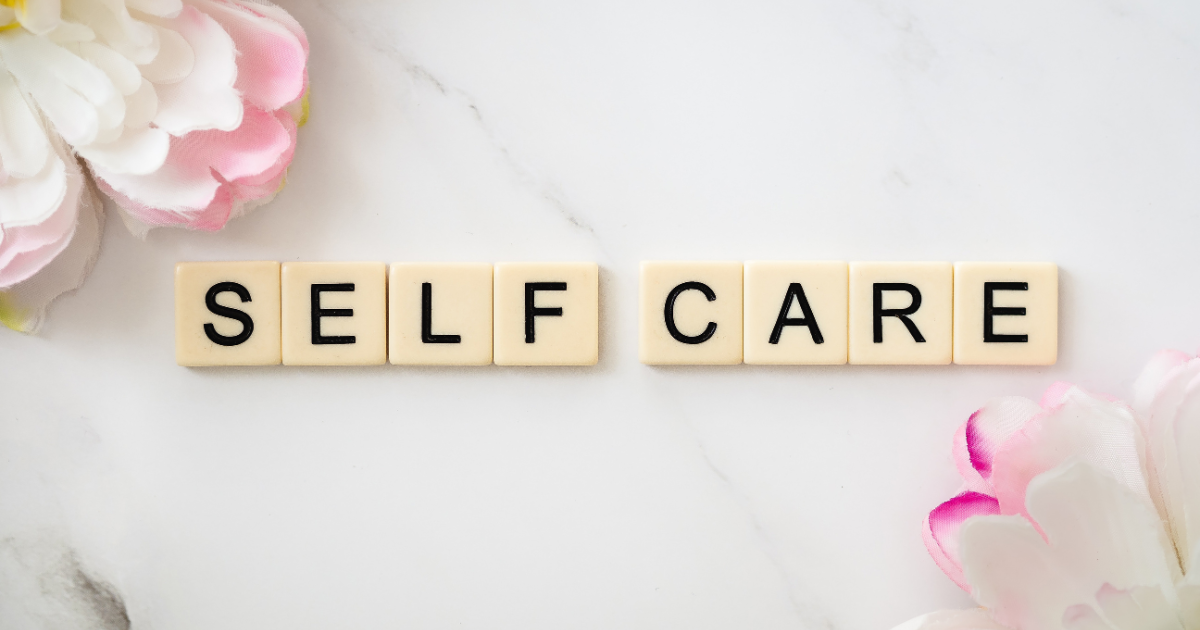In today’s fast-paced world, maintaining good mental health is more important than ever. Just like physical fitness, mental health also requires attention and care. Whether you’re facing stress, anxiety, or simply want to enhance your overall well-being, here are five effective strategies to improve your mental health:
1. Prioritize Self-Care:
Self-care isn’t selfish; it’s essential. Dedicate time each day to activities that nourish your mind, body, and soul. This could include meditation, exercise, reading, or simply taking a walk outdoors. By prioritizing self-care, you can reduce stress levels and boost your mood significantly.
2. Cultivate Healthy Relationships:
Social connections play a crucial role in mental health. Surround yourself with supportive, positive people who uplift you and make you feel valued. Invest time in nurturing relationships with friends, family, or join communities where you feel a sense of belonging.
3. Practice mindfulness and relaxation Techniques:
Mindfulness and relaxation techniques, such as deep breathing exercises, yoga, or progressive muscle relaxation, can help calm your mind and reduce anxiety. These practices promote awareness of the present moment and encourage a state of relaxation that benefits both mental and physical well-being.
4. Maintain a Balanced Lifestyle:
A balanced lifestyle that includes regular sleep patterns, nutritious meals, and regular physical activity can significantly impact your mental health. Lack of sleep and poor diet can contribute to increased stress levels and mood swings. Aim for a healthy balance that supports your overall well-being.
5. Seek Professional Support When Needed:
If you’re struggling with persistent feelings of sadness, anxiety, or other mental health issues, don’t hesitate to seek professional help. A therapist or counselor can provide guidance, support, and therapeutic interventions tailored to your needs. Therapy can offer valuable tools and strategies to manage emotions effectively and improve your mental health long-term.
6. Engage in Hobbies and Creative Outlets:
Engaging in hobbies and creative activities can be incredibly therapeutic. Whether it’s painting, writing, gardening, playing a musical instrument, or any other hobby you enjoy, these activities provide a positive outlet for emotions, reduce stress, and promote feelings of accomplishment and joy.
7. Set Realistic Goals and Prioritize Tasks:
Setting realistic goals and breaking them down into manageable tasks can help you feel more in control and reduce feelings of overwhelm. Prioritize tasks based on importance and deadlines, and celebrate small achievements along the way. This approach fosters a sense of accomplishment and boosts self-esteem.
8. Practice Gratitude and Positive Thinking:
Cultivating gratitude and adopting a positive mindset can significantly improve mental health. Take time each day to reflect on things you’re grateful for, whether it’s the support of loved ones, moments of joy, or personal strengths. Positive thinking can help shift your perspective, reduce negative thoughts, and increase resilience during challenging times.
Conclusion:
Improving your mental health involves integrating various strategies into your daily routine to support emotional well-being. By incorporating self-care practices, nurturing relationships, engaging in hobbies, setting goals, practicing mindfulness, maintaining a balanced lifestyle, fostering gratitude, and seeking professional support when needed, you can cultivate resilience and enhance your overall quality of life.




